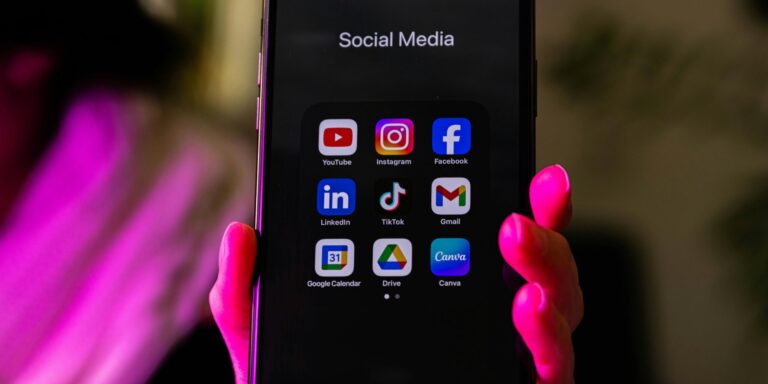In 2025, social media has evolved from a supplementary marketing tool to a central element in the way new artists build their careers and gain exposure. Platforms like TikTok, Instagram, and YouTube have become indispensable for emerging musicians, offering unprecedented opportunities to connect with fans and grow a global audience. However, as these platforms continue to shape the music industry, they raise important questions about authenticity, the pressure to maintain a public persona, and the fleeting nature of viral success.
TikTok, in particular, has revolutionized how music goes viral. The platform’s algorithm allows songs to gain massive traction quickly, with tracks that are paired with viral trends or dances often soaring to the top of global charts. Songs can accumulate millions of streams almost overnight, giving unsigned or lesser-known artists a chance to reach an audience without the backing of a major record label. The ability to make a song go viral on TikTok has been a game-changer for many emerging artists, allowing them to bypass traditional industry gatekeepers and build a career directly from the platform. This democratization of the music industry has leveled the playing field, enabling artists to gain massive recognition based on their creativity and viral potential rather than their industry connections.
However, the rapid pace of success on social media can also be a double-edged sword. While viral moments can catapult artists to fame, the culture of constant content creation and the pressure to maintain an active, engaging online presence can lead to burnout. In 2025, new artists are expected to produce not just music, but also engaging posts, videos, and stories that keep their followers interested. The expectation to maintain a continuous stream of content can detract from the artist’s primary focus: the music itself. For many, this shift towards content creation over artistry can lead to feelings of creative exhaustion, as the pressure to stay relevant online often takes precedence over the time needed to craft meaningful music.
This constant demand for engagement can be particularly taxing for emerging artists who are still learning the ropes of the industry. Social media requires a delicate balance of personal branding, marketing, and constant connection with fans. Artists may feel the need to present a curated version of themselves online, which can create a disconnect between their public persona and their true selves. The pressure to conform to certain trends, whether it’s through memes, viral dances, or persona-building, can lead to a sense of inauthenticity. As a result, some artists may find themselves sacrificing their artistic integrity in order to cater to social media’s demands for constant novelty and engagement.
The emphasis on quick success and viral moments can also be problematic for artists hoping to build long-term careers. While social media can launch artists into the spotlight almost instantly, the rapid pace of online trends often leads to short-lived fame. Songs and artists that rise quickly on TikTok or Instagram can just as easily fade into obscurity when the next trend comes along. For new artists, this “flash in the pan” phenomenon presents a challenge: How can they convert viral success into lasting careers? The short-term nature of viral moments means that many artists are caught in a cycle of constantly trying to recreate viral success, rather than focusing on building a sustainable career and a loyal fanbase.
In 2025, the challenge for new artists is finding a way to leverage social media’s vast potential for exposure while maintaining their artistic vision and authenticity. Musicians must navigate the demands of online visibility while staying true to their creative work. The key to success in today’s music industry is no longer just about the music; it’s about crafting a personal brand that resonates with an audience and sustaining that connection over time. Social media offers artists a platform to engage directly with fans, but it also requires a level of vulnerability and self-presentation that can be difficult to manage, especially for those who are new to the public eye.
For emerging artists, maintaining balance is crucial. While social media can be a powerful tool for gaining recognition, it’s important not to lose sight of the reason they started making music in the first place: a passion for creativity and artistic expression. The challenge is to create a meaningful and lasting relationship with fans that is rooted in the music itself, rather than relying solely on viral moments or online trends. Artists must learn to use social media to amplify their music, rather than letting it overshadow their artistry.
In conclusion, social media has become an integral part of the modern music industry, providing new artists with unprecedented opportunities for exposure and success. However, this reliance on social platforms like TikTok, Instagram, and YouTube also brings with it significant challenges, from the pressure to maintain a constant online presence to the fleeting nature of viral fame. As we move further into 2025, the most successful new artists will be those who can strike a balance between leveraging social media for promotion and staying true to their creative vision. By navigating the demands of social media while maintaining their authenticity, musicians can build careers that are not only successful but also sustainable in an ever-changing digital landscape.


